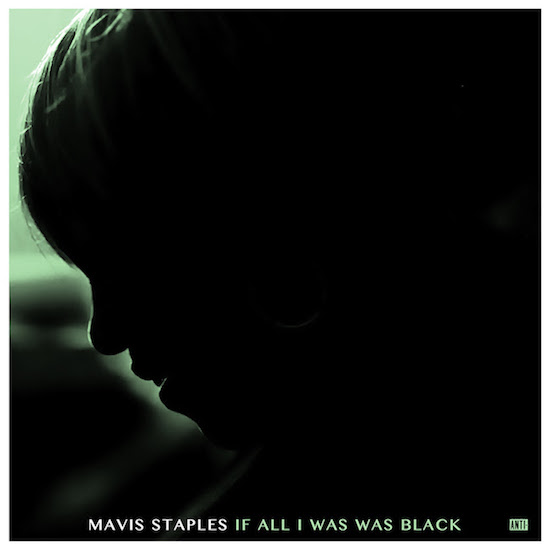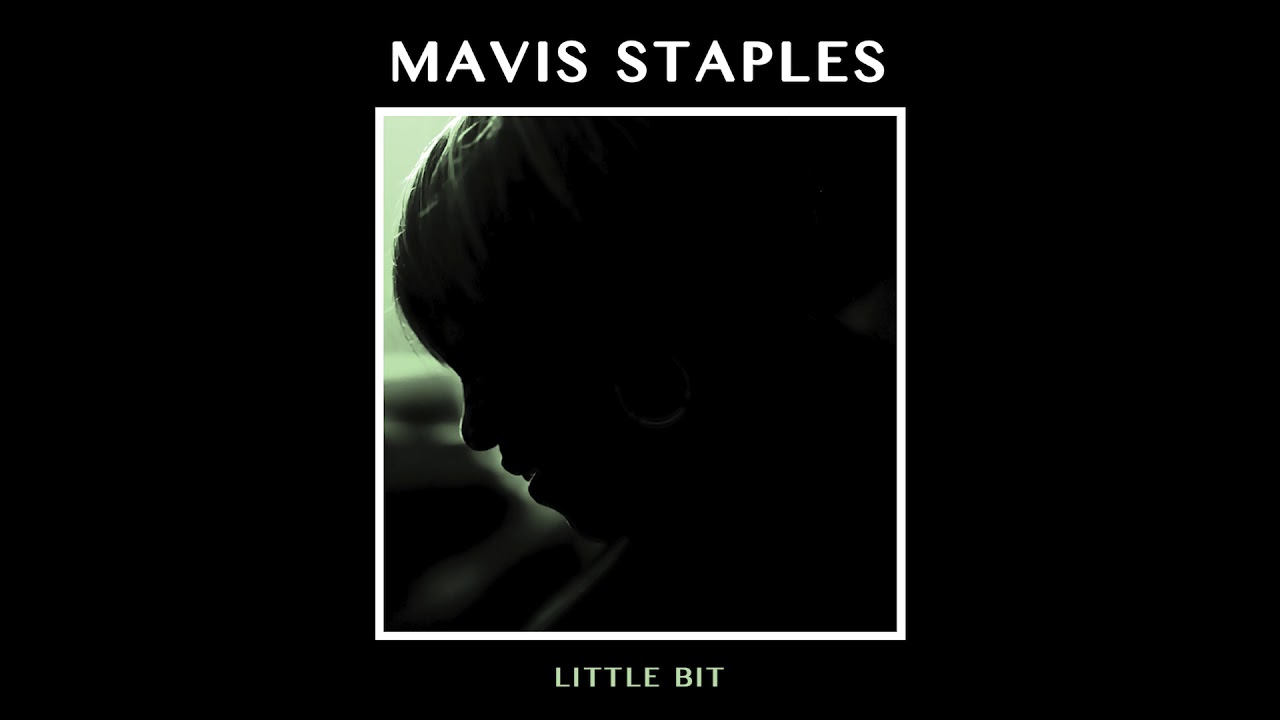Mavis Staples has been a steadfast presence in American music since the 1960s. Through her decades with the Staple Singers and into her solo career, she’s adjusted her sound and her collaborators to fit the times. Her third collaboration with Jeff Tweedy, If All I Was Was Black, suggests that Staples, now in her late seventies, is perhaps more sensitive to the world around her than ever, and has the right credentials to usher the younger generations through.
The album draws on her years as a proponent of the civil rights movement. She has always proudly reminded her audience of her legacy, and there’s a certain sadness in the fact that the voice that once sang freedom songs for Dr Martin Luther King is now putting her voice behind Black Lives Matter.
The sadness, however, ends there. If All I Was… represents a uniquely American sense of alienation, and while Staples — and Tweedy, who wrote and produced the album — fully acknowledges the feelings of helplessness engendered by a self-serving government and violence in the streets, she refuses to believe that the people really are helpless.
Across the album, there are calls for collective action: to, in the words of Michelle Obama, go high when they go low, to put in the effort to fix things. “People are dying/ bullets are flying/ we’ve got work to do,” she insists on ‘Try Harder’, which rolls like a stripped-back version of Gladys Knight & The Pips’ ‘I’ve Got to Use My Imagination’.
Most striking of all, however, is the radical empathy that fills the album. The title track is just one song in which Staples calls for love and unity even while beseeching some adversary to see her humanity. This isn’t a line of persuasion that just anyone can get away with, but coming from an veteran civil rights activist, it’s pretty damn convincing.
If you are not directly affected by this American state of anxiety, it’s this empathy, frustration and general rallying cries, as well as the arrangements, that broaden the album’s appeal. Tweedy is restrained in his bluesy approach, allowing Staples’s voice to shine through, with support from gospel-style backing vocals on most of the tracks. If the 2015 documentary Mavis! is truly indicative of their relationship, there is a trust between these musicians that is exemplified in Tweedy’s respect for Staples’s legacy. His contemporary Americana twang, flecked with gospel and soul intonations, is a logical progression in their collaboration that feels as current as its message.
One of the great successes of If All I Was… is that it has the same levity as the anthems of the civil rights era. The freedom songs were never just gloom and doom, they were about a goal. Staples continues that same proud tradition of not only defiance but of a persistence borne of faith. She reminds us to be angry at injustice and to love our neighbours as well. Don’t ignore the evil in the world, but don’t lose sight of why you’re fighting against it. We’ve got work to do.



